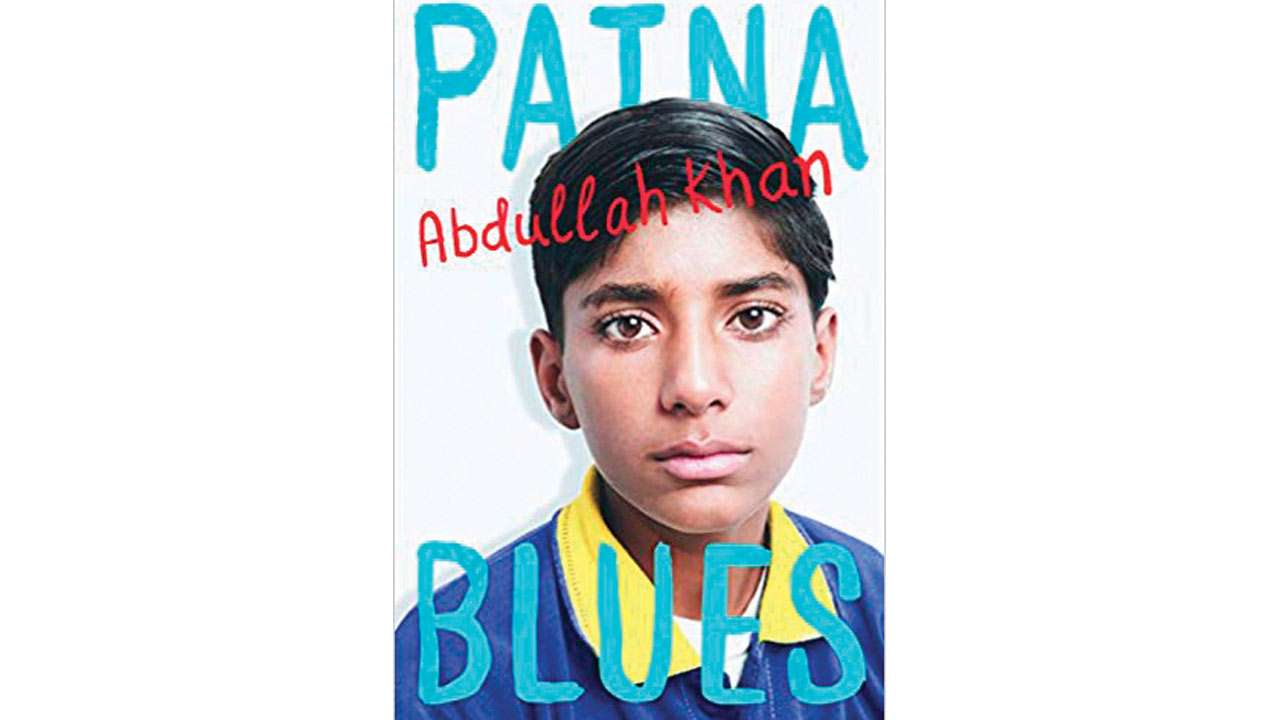
Everyone, meet Arif! Arif is an ordinary boy. Such is his ordinariness that you will pass him by on the road or in the local market without blinking an eye. And that is precisely why you ought to meet him.
He is the protagonist of Abdullah Khan’s ‘Patna Blues’ (Juggernaut, 2018) Further, he belongs to Bihar: from a low middle-class family — his father is a subaltern police official — an honest sub-inspector struggling to make ends meet.
The family bays for bare sustenance in the face of rising inflation and obligations of receiving guests in their modest service accommodation: in fact, the premium on space and a seething begrudgement are the opening notes.
Arif is a Civil Services aspirant and his brother Zakir is an aspiring Bollywood actor while the sisters are just waiting, typically to be married off.
What gets one is the searing honesty of the narrative. “Tell it as it is” seems to be Khan’s guiding maxim and, for the most part, serves him well. There are no oblique literary devices which have today transformed narratives into hazard-lined game parks where, before you know it, you’ve landed in deep slush. And the author, like a guerrilla soldier amused at the booby traps he lays down for the unsuspecting reader, hangs from the tree with a disparaging smile, while you gather your wits about you before being written off a total dud in the game of narrative interpretation.
Khan is nothing like it: he tells the story as it is. He intends not to make high literature of it, or to put it on a high velocity craft, but tells it as he knows it and in the process does create a credible tale. What can turn out staid for some, works for him. While Arif’s father struggles with finances and family issues, the mother is a self-effacing, shadowy figure, busy bringing up family. The two sisters do find spouses and that seems to be the end of their purpose in life, which is probably how it must be in the milieu Khan is describing, but if the purpose of literature is verisimilitude, it is most certainly one of raising consciousness too. I hoped that Khan would be troubled, at least a trifle, by this dispensation that he describes rather matter-of-factly.
Arif is struggling to get into Civil Services and each failed attempt is like a stab: a semblance of pathos and sympathy does well up in the reader’s heart. Quadrupling his misfortunes is his clandestine passion for a married woman, Sumitra, which though highly transgressional in a small town neighbourhood familial milieu, keeps the interest in the narrative alive. Sumitra’s flair with Urdu love poetry infuses a dose of enchantment in their quotidian lives,while bringing out the layered culture of old Patna. It is a given that it will never work out, yet a moral debate rages unceasingly within Arif and his utter fallibility becomes pronounced in this entanglement. You want to save the vulnerable, dreamy young man but you can’t.
As opposed to the alienated world of the metropolis, in this small town, social relations across communities are perfectly in sync: there are neighbourly house visits and an established network of social support. The grandmother’s death is a chance to visit the family history and trace it all the way to a sufi elder in a now decrepit haveli of a Bihar hamlet. It is the glue of family feeling that holds the characters together in an everyday way while bringing them any semblance of spiritual strength. By contrast, in the metropolis, these young men lose their familial identity and are easily mistaken for terrorists.
The author significantly evokes this in the larger backdrop of the growing communalism in the aftermath of demolition of Babri Masjid. The younger brother Zakir, who leaves home in search for a career in modelling, lands in the police net where, given his name, he is mistaken for a terrorist. The contrast between a homely, womb-like neighbourhood in Patna where he has an identity, to the alienated shack in Delhi that becomes a hub of unspeakable torture, is sufficiently glaring.
Arif never makes it to the hallowed portals of the Civil Services. It is fitting that the author locates Civil Services and the Indian Railways at the heart of the narrative. Both are important for the protagonist as he typifies thousands of young men in muffasil India, brimming with aspirations and dreams of social mobility. However, the civil services end as a sour dream and the Railways march into decrepitude, like their shattered dreams.
Arif’s tale is important. It restores humanity to where it is most needed. If this book needs a raison d’etre, it is this.
Author teaches English Literature and Cultural Studies in Chandigarh; presently on a fellowship with IIAS, Shimla